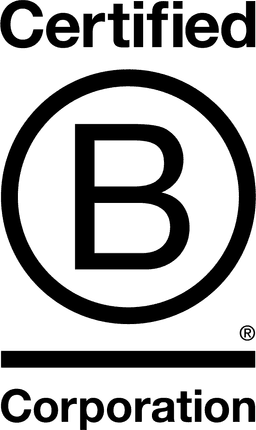

Ecoright

1.6
Gujarat, India
July 2023
General retail via Internet
Wholesale/Retail
Canada,
France,
Germany,
India,
Italy,
Netherlands The,
Spain,
United Kingdom,
United States
Ecoright is an ethical and sustainable lifestyle brands that creates products that helps consumers live sustainably every day. Ecoright creates a wide variety of products, right from utility products like tote bags, shoe bags, lunch bags to lifestyle products like satchels, box slings and backpacks from sustainable materials like organic cotton and recycled plastic bottles. All Ecoright manufacturing facilities are ethically certified (SMETA 4 pillar) and run on solar power. Ecoright's philosophy is to create sustainable products that fit seamlessly into their customer's lives in terms of utility, aesthetics and price point. An Ecoright product offers customers a great product without compromising on their style quotient or the environment. All Ecoright products are "Better for you, better for the planet"
Overall B Impact Score
Governance 8.6
Governance evaluates a company's overall mission, engagement around its social/environmental impact, ethics, and transparency. This section also evaluates the ability of a company to protect their mission and formally consider stakeholders in decision making through their corporate structure (e.g. benefit corporation) or corporate governing documents.
What is this? A company with an Impact Business Model is intentionally designed to create a specific positive outcome for one of its stakeholders - such as workers, community, environment, or customers.
Workers 23.0
Workers evaluates a company’s contributions to its employees’ financial security, health & safety, wellness, career development, and engagement & satisfaction. In addition, this section recognizes business models designed to benefit workers, such as companies that are at least 40% owned by non-executive employees and those that have workforce development programs to support individuals with barriers to employment.
Community 17.6
Community evaluates a company’s engagement with and impact on the communities in which it operates, hires from, and sources from. Topics include diversity, equity & inclusion, economic impact, civic engagement, charitable giving, and supply chain management. In addition, this section recognizes business models that are designed to address specific community-oriented problems, such as poverty alleviation through fair trade sourcing or distribution via microenterprises, producer cooperative models, locally focused economic development, and formal charitable giving commitments.
Environment 40.8
Environment evaluates a company’s overall environmental management practices as well as its impact on the air, climate, water, land, and biodiversity. This includes the direct impact of a company’s operations and, when applicable its supply chain and distribution channels. This section also recognizes companies with environmentally innovative production processes and those that sell products or services that have a positive environmental impact. Some examples might include products and services that create renewable energy, reduce consumption or waste, conserve land or wildlife, provide less toxic alternatives to the market, or educate people about environmental problems.
What is this? A company with an Impact Business Model is intentionally designed to create a specific positive outcome for one of its stakeholders - such as workers, community, environment, or customers.
Customers 4.3
Customers evaluates a company’s stewardship of its customers through the quality of its products and services, ethical marketing, data privacy and security, and feedback channels. In addition, this section recognizes products or services that are designed to address a particular social problem for or through its customers, such as health or educational products, arts & media products, serving underserved customers/clients, and services that improve the social impact of other businesses or organizations.